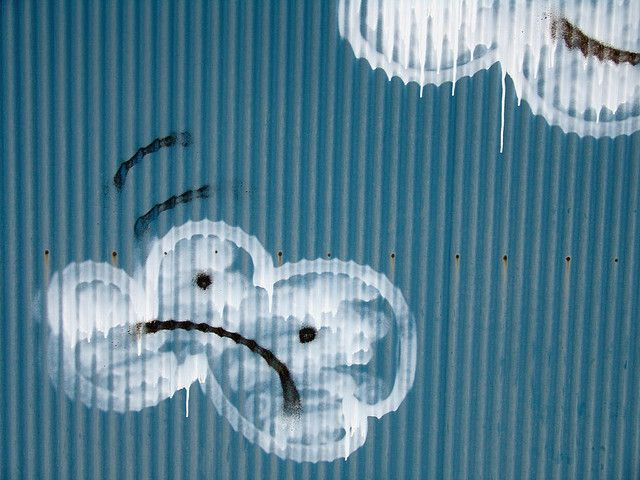When Concussions Get Emotional: Sensitivity To Light And Noise Up Chances For Depression, Anxiety

Concussions are taxing enough. The last thing parents want for their injured child is a boatload of negative emotions rushing in to make matters worse. According to new research from the University of Kentucky, certain teens are more at risk than others following a traumatic brain injury.
The recent small study found sensitivity to light and noise produced greater rates of depression, anxiety, attention difficulties, and irritability among teens who recently sustained concussions than those without the sensitivities. The findings support parents, coaches, and athletic programs developing a comprehensive program to deal with student athletes who suffer these injuries and face greater risks, even weeks or months following the injury.
Young athletes are already at a disadvantage when it comes to concussion recovery, said study author Lisa M. Koehl in a statement. Koehl and her colleagues will present the findings at a conference hosted by the American Academy of Neurology later this week. "While most people recover from a concussion within a week, a number of factors affect people's recovery,” she said. “And studies have shown that teenage athletes may take up to seven to 10 days longer to recover than older athletes.”
Thirty-seven athletes, from ages 12 to 17, participated in the study. Symptoms persisted for an average of 37 days following concussion. Researchers split subjects up into two groups, depending on whether they experienced emotional symptoms. When they looked at which students showed sensitivities to light and noise, they found 23 percent (five students) resisted light and 14 percent (three students) resisted noise. Meanwhile, only 13 percent (two students) in the unemotional group showed light sensitivity, and zero showed sensitivity to noise.
It’s important to consider both groups were recovering from injuries of similar severity — measured by no loss of consciousness or amnesia after the injury — and that none of them had had previous psychological issues. These teens were, for all intents and purposes, equal.
The lone difference was their neurological response to light and noise, which doesn’t necessarily indicate residual brain injury, according to Beth Israel Deaconess Medical Center. Where the current research comes in is in joining the emotional symptoms (the psychological) with the cognitive symptoms (brain function). Prior research has already established that physical and emotional pain accompany a decrease in brain function; now researchers find a link between two of the three — an “and” where they had only been an “or.”
Koehl and her co-author, Dong Han, an associate professor of neurology at UK, said that rehabilitating a teen’s emotional health may require a holistic approach, such as “making decisions about when to return to play and what accommodations are needed at school for these athletes.” These include not only physical forms of rehab, but emotional services like guidance counseling and increased parent awareness.
Koehl also explains that giving explicit information to teens can offer a sense of hope. Concussions can last at little as a week or as long as a few months. “This is an important piece of information, given that it can ease anxiety related to perceived cognitive and physical symptoms" if teens can find a light at the end of the tunnel, she told Medical Daily. Emotional symptoms are compounded even further among teen athletes given their developing brains and unstable mix of hormones.
“These factors may contribute to an increased tendency to develop intense emotions following concussion,” Koehl said, “ultimately resulting in symptoms of anxiety and depression.”
Source: Koehl L, Han D. Clinical Correlates of Emotional Distress in Adolescents after Sports Concussion. American Academy of Neurology. 2014.
Published by Medicaldaily.com



























